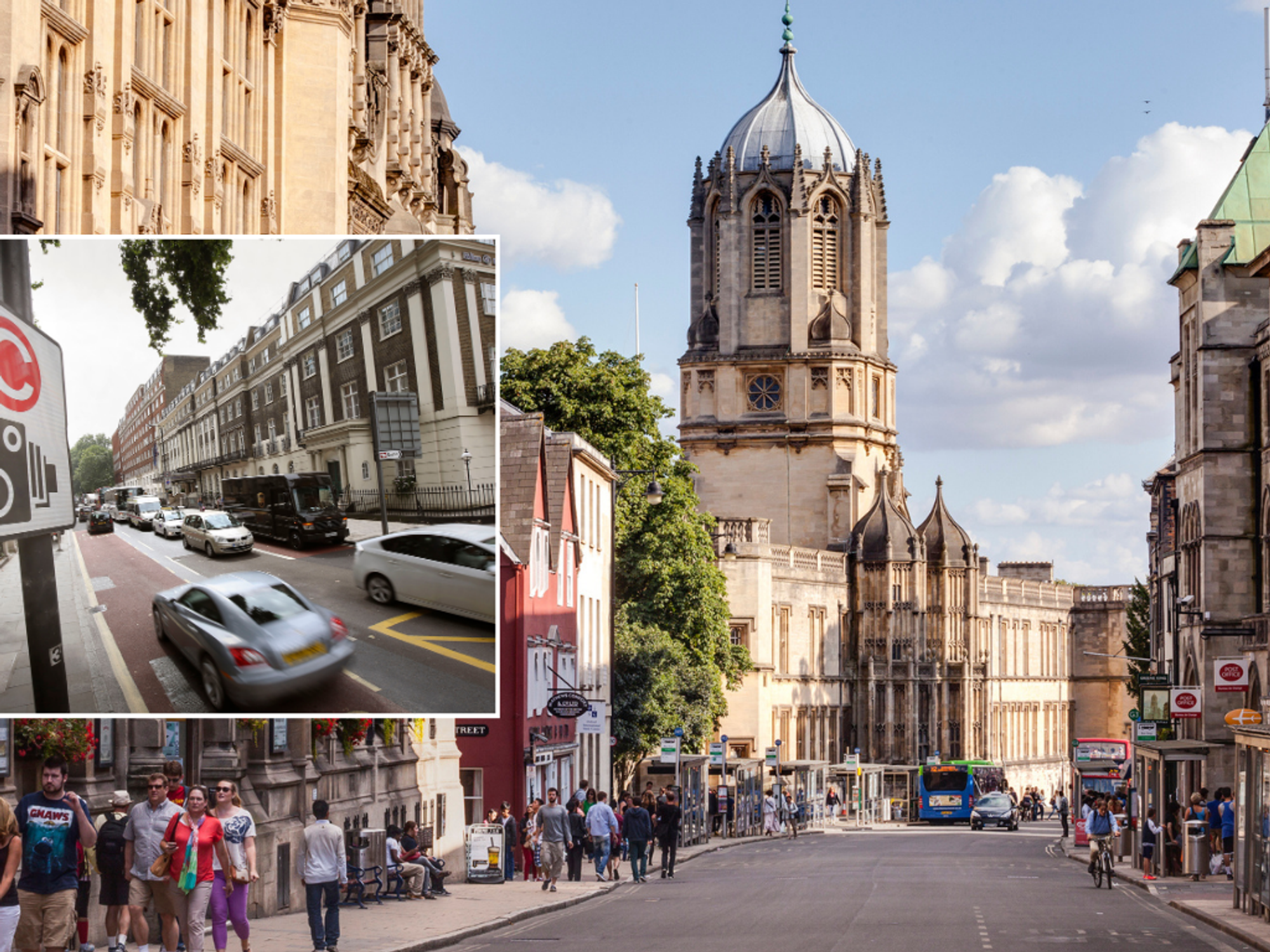Science breakthrough: Physicists hail 'new era' in research after antimatter taken out of lab for first time
GB News
Antimatter is matter consisting of elementary particles, which are the antiparticles of those making up regular matter
Don't Miss
Most Read
Latest
Scientists at CERN have achieved a groundbreaking feat by successfully transporting antimatter outside the laboratory for the first time.
The European research hub built a two-metre-long containment device that enabled them to move antimatter beyond the confines of their facility.
This first-of-its-kind demonstration involved placing the special containment unit on a trailer and driving it around the CERN site.
The achievement marks what scientists describe as the start of a "new era in precision antimatter research".
 Physicists hail 'new era' in research after antimatter taken out of lab for first time | GETTY
Physicists hail 'new era' in research after antimatter taken out of lab for first time | GETTYThe team successfully transported the antimatter for a distance of four kilometres (2.5 miles) before returning it to the laboratory.
During the journey, the containment device was moved on the back of a trailer at speeds exceeding 40km/h (24.8mph).
Details published in a scientific paper titled "Proton transport from the antimatter factory of CERN" show that the route crossed international borders.
"We transferred the trapped protons from our experimental area at the AMF (antimatter factory) onto a truck and transported them across the Meyrin site of CERN," the researchers explained.
LATEST DEVELOPMENTS:
A map included in the research shows the truck carrying the antimatter crossed from France into Switzerland and back again during the demonstration.
Antimatter requires special containment as it disappears upon contact with regular matter, even dust particles.
The containment system developed by CERN scientists uses magnetic traps to isolate the antimatter, which typically demands substantial electricity and a controlled environment.
"We thereby confirm the feasibility of transferring particles into low-noise laboratories in the vicinity of the AMF and of using a power generator on the truck to reach laboratories throughout Europe," the paper stated.

Researchers said they 'transferred the trapped protons from our experimental area at the AMF onto a truck and transported them'
|GETTY
The study of antimatter is essential for understanding space and the fundamental workings of our universe.
This breakthrough has paved the way for antimatter to be transported to European laboratories via public road networks.
During the test, the containment device demonstrated "autonomous operation without external power for four hours and loss-free proton relocation".
A state-of-the-art facility at Heinrich Heine University Düsseldorf in Germany is expected to be CERN's first antimatter recipient.










